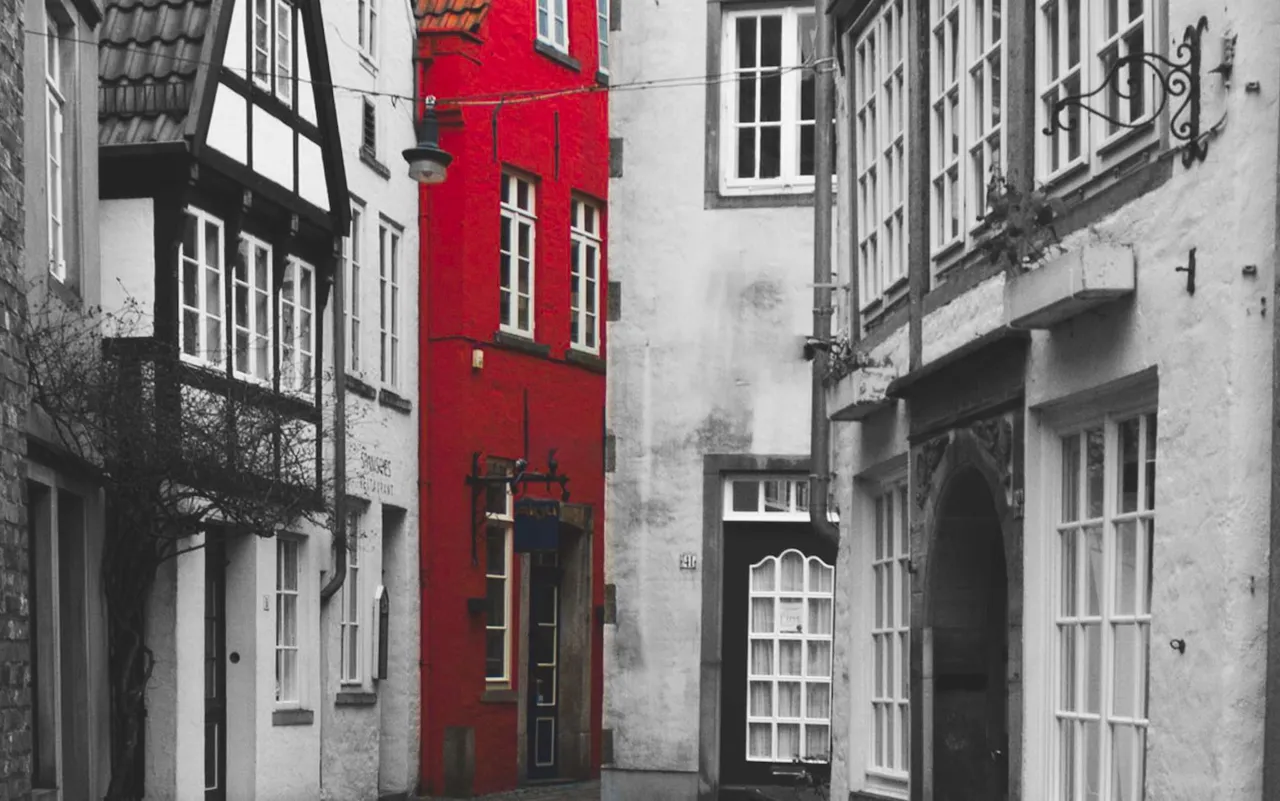While they say that borrowing costs are reaching their maximum, those with a current mortgage are still struggling, because they likely bought thinking that rates wouldn't increase so much and as I have said before, most people didn't collar their loan repayments at all. Why would you with record low rates? I was reading a Finnish news article looking at people who are struggling with their rising housing costs due to the increase in interest rates, and the first example stood out to me as strange.

Actually, two things stood out. The first is that they owe a total of 601,000 to the bank, with 499,000 of that owed on their current home, the rest on their previous home. It doesn't say, but that means that they have either bought a house without selling their last, or sold it at a loss. But, considering that they would have needed a 20% deposit, I will assume the former.
Using that value, it means that they have bought a house that is likely valued somewhere between 600 and 700K to have a 500K mortgage. Depending where you are from, that is either a little or a lot, but in Finland, it is quite a lot. Double mine.
€500,000 ~$550,000 USD or $850,000 AUD
And this is the second interesting thing, because in order to have that kind of loan in the region they live, the house they bought is likely large and built in the last five years. This is no "fixer-upper" kind of thing. And while I am not judging, I suspect that a lot of the house inflation over the last years isn't just down to Covid prices, war and supply chain issues - it is because what we expect a house to be has significantly changed in many regions, not to mention what we put into the homes.
When I was young, houses were houses and a fancy home had a second TV - times have changed.
This aside, I do feel for the family though, because in May last year, they were paying €1410 for their loan, with €1006 directly paying down the principle, and €404 in interest. However today, they are paying €2410 and after fees and loan insurance, just €84 scratches the surface of the principle. Essentially, what a year ago would take 1 month to reduce the principle, it is now taking a full year. At this rate, if they have a 25 year loan, they are going to have that loan for the next 300 years.
I have said many times how people overextended themselves on low interest rates, but it wasn't that they bought more valuable, they just overpaid, which means that recouping the costs will be hard. And, similarly to the changes in the housing style expectation over the last decades, there are also a lot of additional costs that have been added on top that our parents never paid, mostly due to entertainment, like subscriptions, multiple internet connections and more luxurious cars.
Cultural and lifestyle changes driven by consumerism is likely responsible for causing a great deal of financial suffering, because we have been conditioned to be on-demand and not do without. Which makes belt-tightening all the more painful, where people are making cuts of what they used to take for granted, and worrying about things like appliances breaking down and the coming winter.
And this is Finland, which is relatively down to earth in regards to spending and borrowing, and tends to have a higher average education level than most places. So, I am assuming in other countries the situation might be far worse, which would explain why in Australia for instance, there was such a spike in housing prices, were FOMO reigned supreme. Now, they are paying the costs there too, caught well in the red as interest rates rise and the costs of living increase even faster.
While the economy is a mess, a lot of the pain we suffer is self-inflicted, as we have decided that we are entitled to a certain level of lifestyle, regardless of whether we can afford it comfortably or not. So, rather than living within our means, we stretch a little further and then a little closer to that tipping point. When changes to conditions arrive, we are then pushed over the edge and have to scramble on the loose rocks, trying to regain our footing. The result is that even if we survive the hard times, we are in no position to take advantage of the coming good times, and we fall further behind again.
Perhaps rather than buying our "dream house" and risk falling over that edge, we should reconsider the dream itself. For instance, if we shift the focus from the type of house we live in, to the dream being having a house that is our own, we might take a lesser house, but make it ours sooner for less. That means that when those hard times come, they aren't that hard, and when they are receding, we have capital to invest into the rising tide - whether that be into property, stocks or crypto.
For us with a collar on our loan for a few more years, we are going to try and pay extra each month while we can, because we get a little bit of an inflation bonus for doing so. Our money doesn't go very far in the shops, but it does put a dent in our mortgage. If very lucky, things will turn around and we will be able to relax and breathe a little easier financially, whilst also reaping the benefits of continuing to invest and pay down the mortgage, rather than paying predominantly interest only for years on end.
Hopefully, home will be where the heart is, not where the loan is.
Taraz
[ Gen1: Hive ]